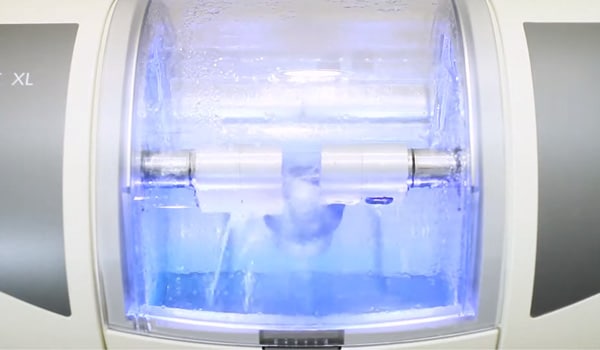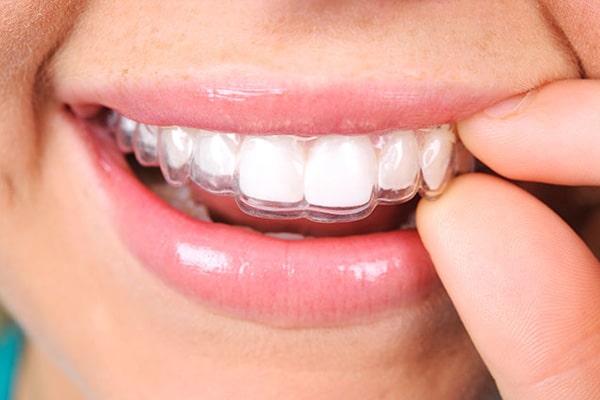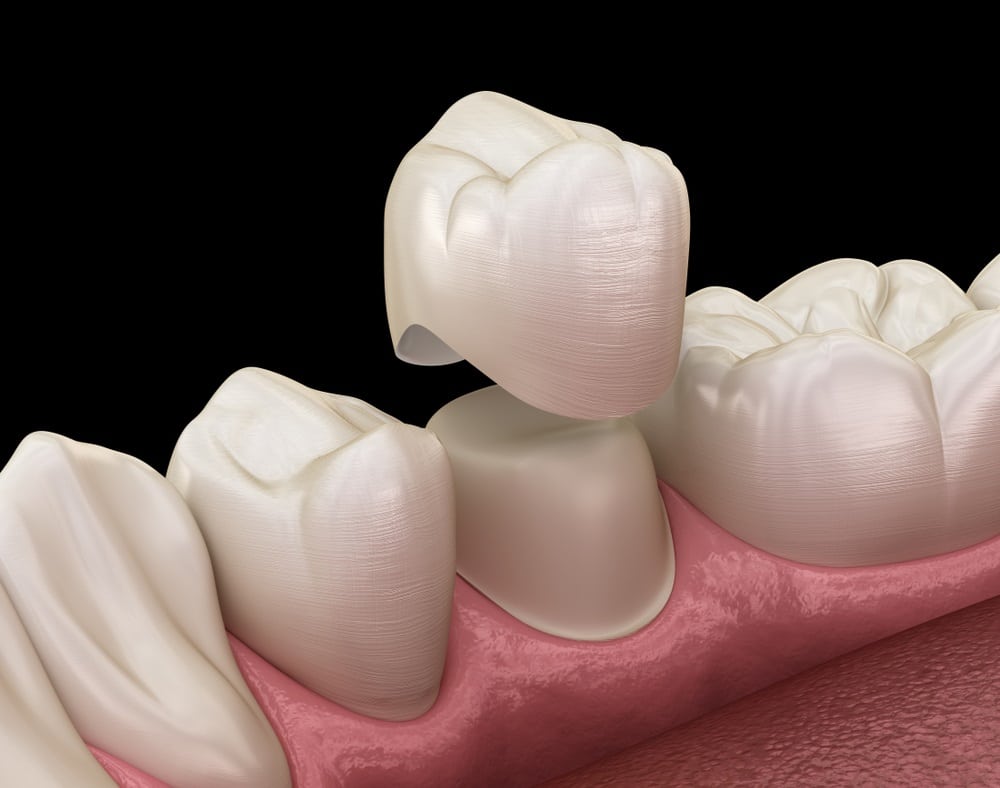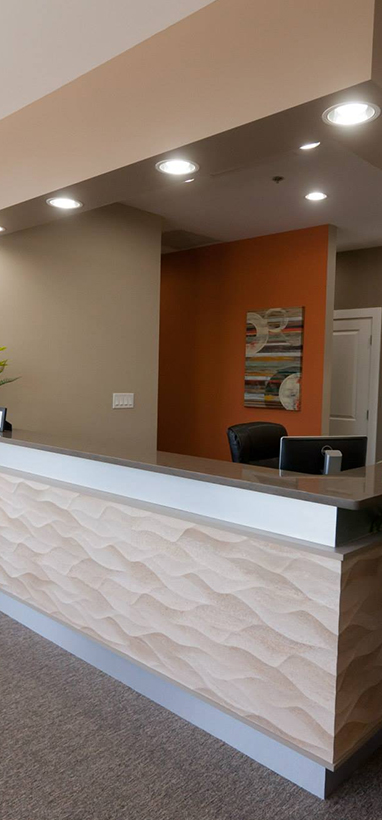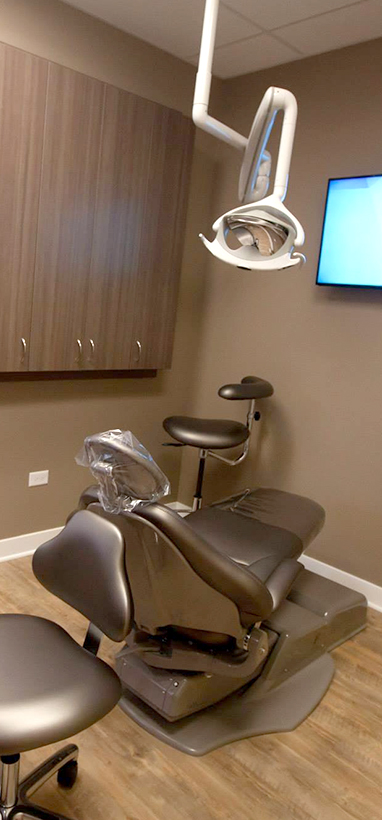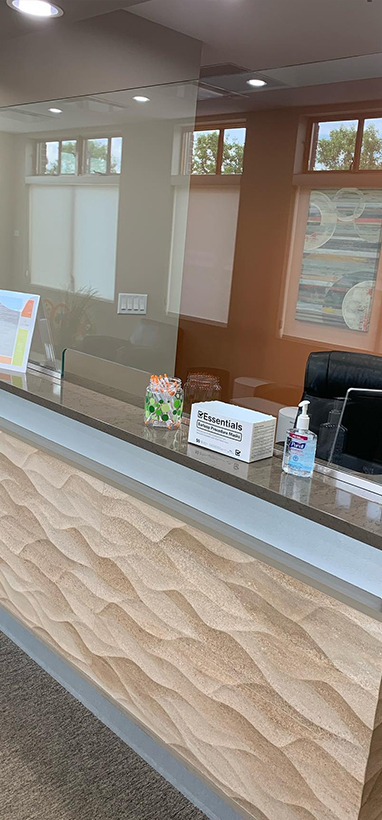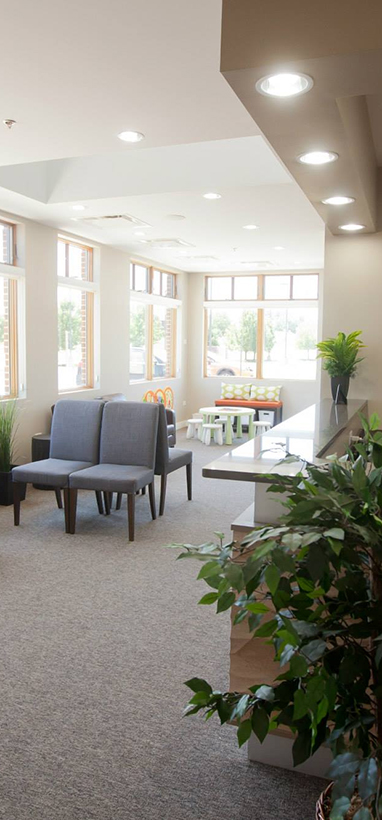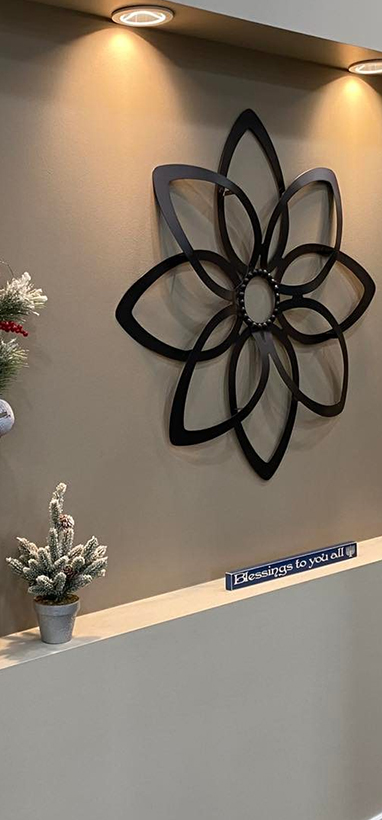1516 Legacy Cir, Naperville, IL 60563
What is Bruxism and How to Stop it?
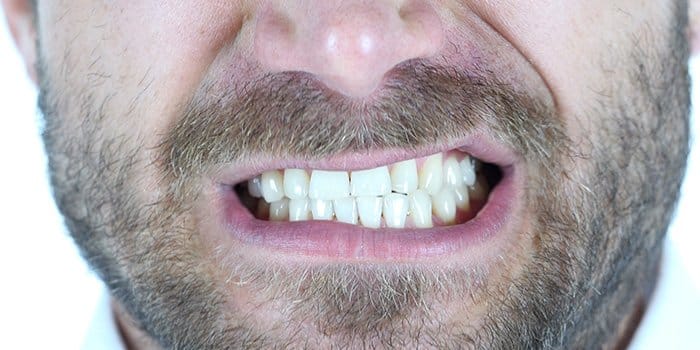
What is Bruxism?
Bruxism is the technical term for teeth grinding. This habit is typically done at night, but some people have also found that they grind their teeth during the day as well. The grinding is often associated with teeth clenching as well. Some patients are unaware that they grind their teeth until someone hears it during the night or their dentist notices specific signs of grinding at their appointment.
Some signs include worn down tooth structure, sore muscles, and waking up with a headache. Teeth that appear “shorter” could have been worn away by grinding. This damage is referred to as “attrition”. Attrition can also lead to cavities, root canals, or sensitivity due to the exposed tooth structure. Unfortunately the tooth structure that has been worn away cannot come back naturally, but there are many cosmetic procedure options for patients who want to restore the look of natural, perfectly sized teeth. Check out our page on cosmetic dentistry for more information on this topic.
When the muscles that make up the face and neck become sore, it can be assumed that they are being overused when clenching and grinding the teeth. Lastly, waking up with a headache is another sign that patients are grinding, specifically during the night. Using these muscles for so many hours can cause strain around the temple area and closer to the ear near the temporomandibular joint.
Why Do People Grind Their Teeth?
There are many reasons why people grind their teeth. Some of the reasons include stress, orthodontic issues, medications, age, and more. Stress commonly triggers grinding during the day. Although they are awake, patients may not even be aware they are grinding during the day. This can also carry into the time while the patient is asleep as well. Teeth grinding is a habit that can develop as a coping mechanism for stress. Also, patients who could benefit from orthodontic correction with braces may also grind their teeth.
When the top and bottom rows of teeth are not aligned properly, patients tend to slide their teeth back and forth since they do not fit together in harmony. This lack of balance can cause unintentional bruxism. Medications can be another cause of teeth grinding. Psychiatric medications prescribed for depression are most commonly known for this side effect because of their effect on the nervous system. Patients on these medications should be extra cautious about protecting their teeth while on these medications.
Age is another factor that can cause more teeth grinding. Children tend to grind their teeth because they are still developing. When new adult teeth are coming in, it can be quite uncomfortable. Clenching and grinding the teeth together is a way for children to ease the pain.
How to Stop Grinding Teeth?
Some solutions that help patients to stop grinding their teeth are mouth guards for teeth grinding, botox injections, braces, and stress relief. Bruxism treatment is typically recommended by a general dentist initially, and then other specialists can help reach a solution. A bruxism guard can usually be made or ordered by a general dentist. This is the most common, noninvasive treatment for teeth grinding. This appliance is custom made based on each patient’s bite patterns. It is important that bruxism guards are worn every night by the patient for best results.
Botox injections are another, less common, solution for patients who grind their teeth. Botulinum Toxin is injected into the masseter muscle to make it weaker. By weakening this muscle, it is harder for the patient to clench down and grind their teeth. This solution, however, is temporary. The effects of botox will only last for a certain amount of time, depending on how fast the body metabolizes it. For a patient who does not mind getting the injections at the right intervals, this is a great option. Some general dentists are trained to administer botox, but this can also be done by another medical professional. Also, braces and other orthodontic correction methods can be used to alleviate grinding.
As mentioned above, patients who do not have a good bite are more likely to grind their teeth together. Bruxism can be eliminated by moving everything into a more ideal alignment. Lastly, various methods of stress relief can be helpful for people who clench and grind the day due to tension and frustration. Yoga, jogging, meditation, and more.
How to Stop Grinding Teeth at Night
Night guards are the best option when it comes to how to stop teeth grinding at night. A custom made night guard, as opposed to a generic, store bought night guard, will help each patient’s individual needs. These are made for either the top or bottom row of teeth. Most of the time they are made for the bottom teeth unless the patient has a preference. Not only will these night guards protect the tooth surface, but they are also designed to alleviate the pressure on the temporomandibular joint.
Using a generic bite guard from a store is typically not recommended for long term use. Although they can be used temporarily to relieve some pressure, they can have damaging effects when used for a long period of time since they are not made for each patient’s bite patterns. Some patients may experience “lockjaw” and other unwanted side effects from continued use.
An important factor to consider in patients who grind specifically at night is sleep apnea. Teeth grinding at night is often associated with sleep apnea, and other health conditions, because this is one of the ways the body tries to wake itself up when breathing stops. This is a potentially life threatening condition, so patients who think they might have sleep apnea should look into doing a sleep study. Sleep apnea can be treated with surgery, oral appliances, CPAP machines, and more. Each patient’s situation is different, so it is best to talk with a dentist about your concerns.
Call our office today to set up an appointment to learn more about what bruxism treatment could be right for you!



